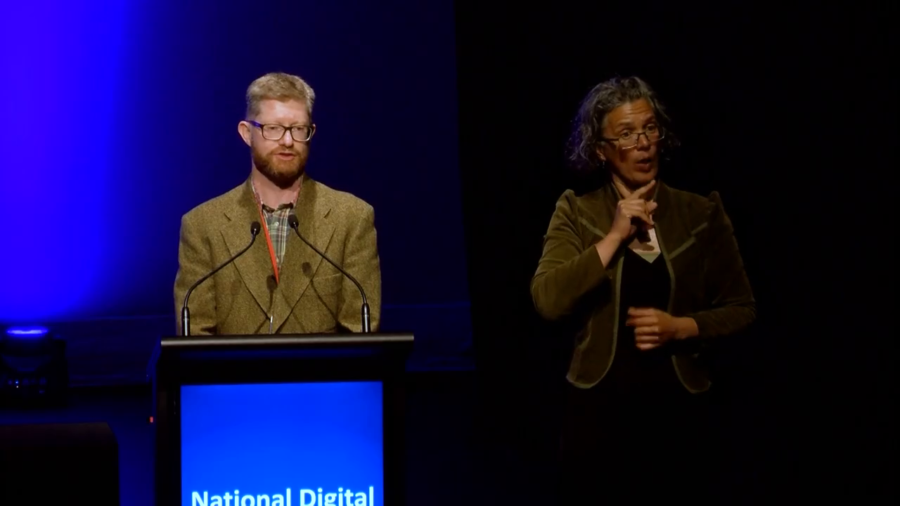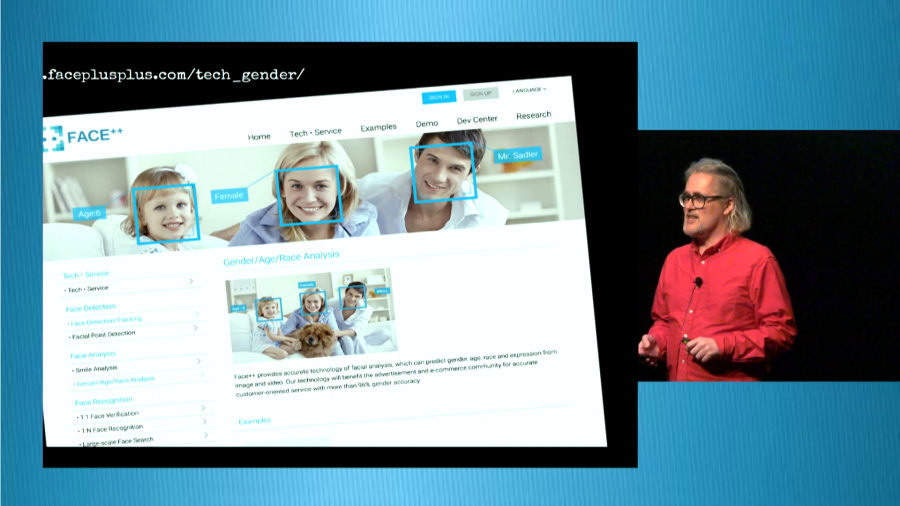Meeting these different bots has just reinforced one thing: the images that you’re capturing, the online collections you’re sharing, just provide a foundation for all different ways of engaging your audience. The more accessible your content is, the more open the licenses you use, the more chance you’ve got of having your content used in new and different ways.
Archive (Page 1 of 3)
I’m interested in what happens when artists who are used to being artists decide that the best place for a work is within a space that seems to require an entirely different method of construction. And of course, there’s no harsh line between forms, and plenty of people exist both as highly-proficient working artists and exceptionally skilled programmers. Tons of them, right? But I’m not talking so much about the skill or even background. Instead of I’m interested in mentality.
With Twitter bots and a lot of AI in pop science, it’s kind of like staying up late with your parents. Once you ask to be treated like a human being, you have to abide by a different set of rules. You have to be extra good. And the second you misbehave, you get sent to bed. Because you didn’t play by the rules that you were agreeing to be judged by.
When Darius asked me to speak I had to think a little bit about what I would say to people who make software agents, which I think is really really cool. And to me, in thinking about it, I think what is a bot to me? A bot is fundamentally a piece of software that involves personality. And I’ve had a long-running interest in building physical robots that have personality of varying degrees. So I proposed to give a talk about that.
The commonly asked questions is, “Does this bot sound human?” And the question that I think is a little bit more interesting is why do so many bots that win the Loebner Prize sound pretty much exactly the same? They’re really similar to each other. Maybe they all have a particular type of default human being in mind, the people who design these bots. But if so, who is this particular mysterious default human being?
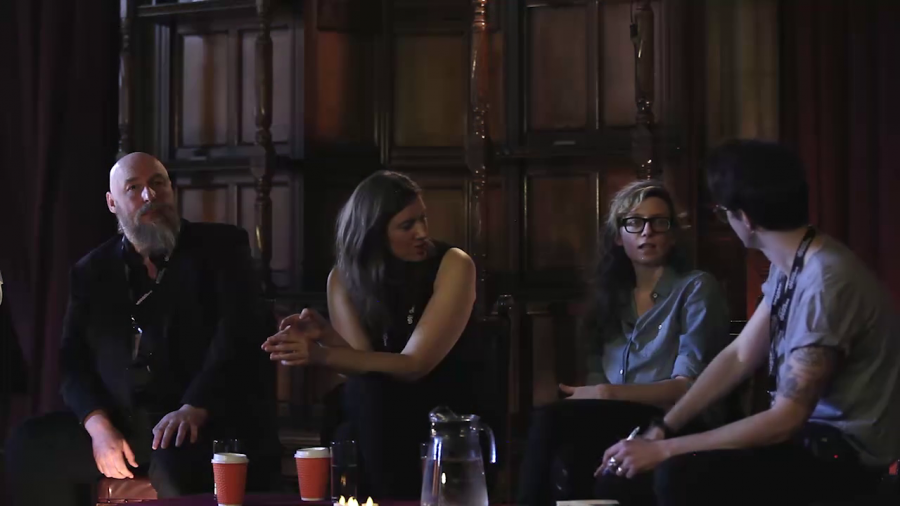
Pretty much anything that Lucifer says in Paradise Lost, you could probably imagine the CEO of Uber saying. They’re just disrupting the Heavenly orders, you know. They really needed it.
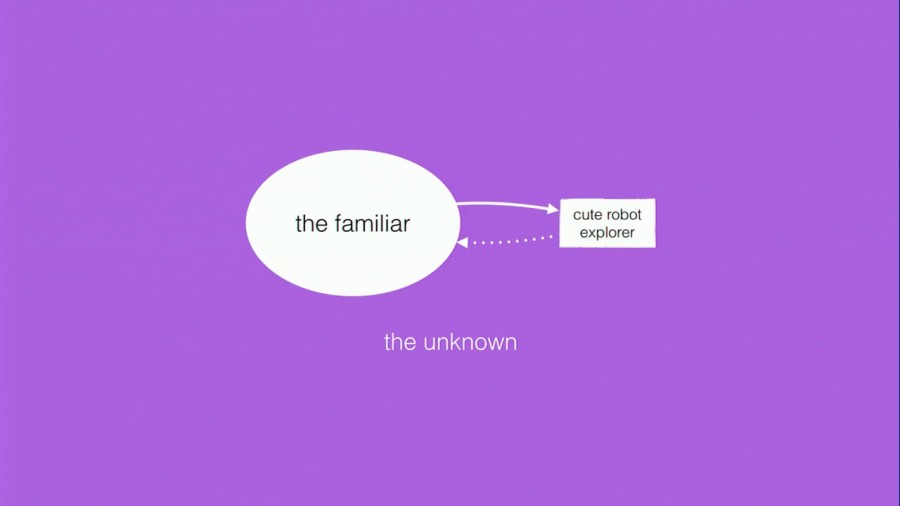
I’ve made it my goal as a computer poet not to imitate existing poetry but to find new ways for poetry to exist. So what I’m going to do in this talk is take this metaphor of exploring literature to its logical conclusion.
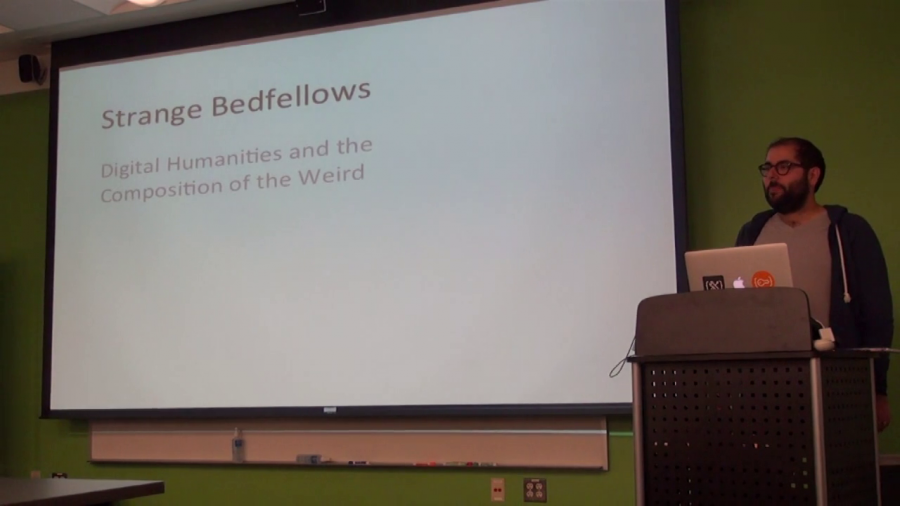
I’m here at MITH today, and I wanted to talk a little bit about digital humanities from my position as an interested outsider. I’ve always kept a finger in academia, at first through game studies and people studying video games, and more recently through electronic literature and those fields. I’m not going to go into a “what is it?” debate because I know everyone who’s in digital humanities is very tired of those, but we know when we see it, right?
We want to contextualize the bots for the audience of the ELC3, people who study and are interested in electronic literature. To frame bots as a kind of electronic literature. To link to the live bot on Twitter. But we also want to offer materials so those bots can be studied. We want to preserve it for future generations. So what does this mean, exactly?

